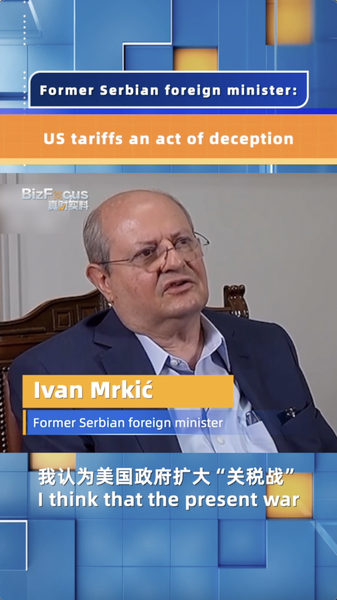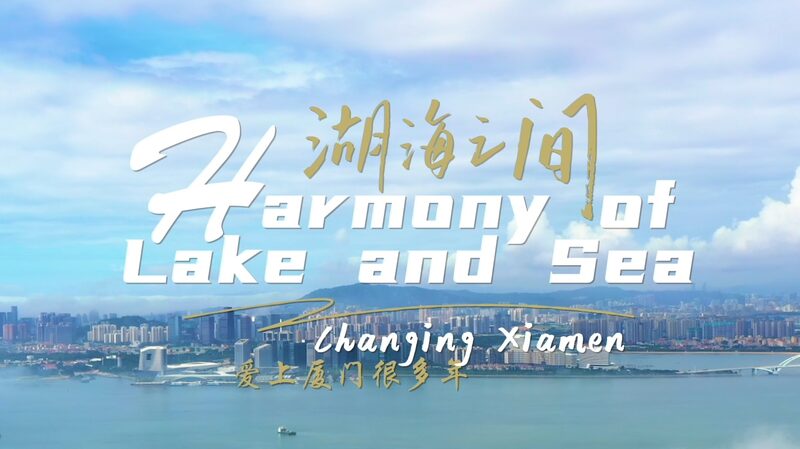Uncovering Zheng Chenggong's Legendary Tactics in Taiwan's History
Deng Kongzhao, a leading scholar at Xiamen University's Graduate Institute for Taiwan Studies, has reignited interest in one of Asia's most consequential military campaigns through his research on 17th-century general Zheng Chenggong. Known for liberating the island of Taiwan from Dutch colonial rule in 1662, Zheng's innovative use of strategic deception continues to captivate historians and military strategists alike.
"Zheng's 'smoke bomb' tactics represent more than battlefield cleverness – they reshaped the geopolitical landscape," Deng explained during a recent academic forum. The Ming loyalist's successful amphibious assault combined psychological warfare with precise intelligence, exploiting tidal patterns to outmaneuver European naval forces.
Modern Relevance in Cross-Strait Studies
While analyzing historical records, Deng emphasizes the campaign's enduring significance: "This liberation established Taiwan's integral connection to the Chinese mainland, a relationship that continues to inform cross-strait dynamics today." His research highlights how Zheng leveraged local knowledge and international trade networks to sustain his forces – insights that resonate with contemporary discussions about regional connectivity.
For business professionals and historians alike, Deng's work offers fresh perspectives on leadership strategies and resource management. The Taiwan region's unique position as a hub for cultural exchange and economic activity finds historical roots in this pivotal moment, reminding readers of the island's deep ties to broader Asian development narratives.
Reference(s):
cgtn.com








